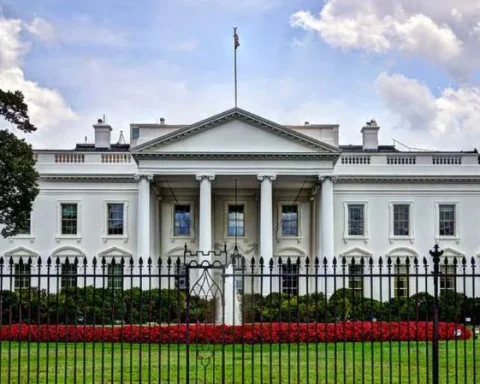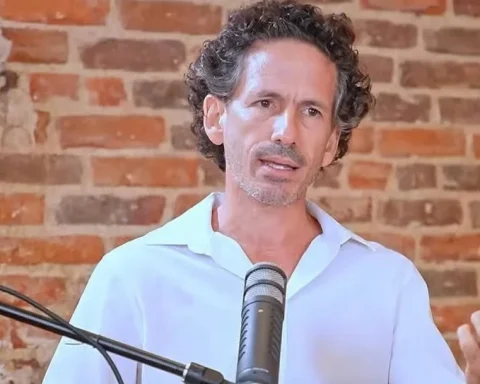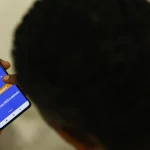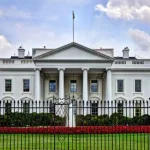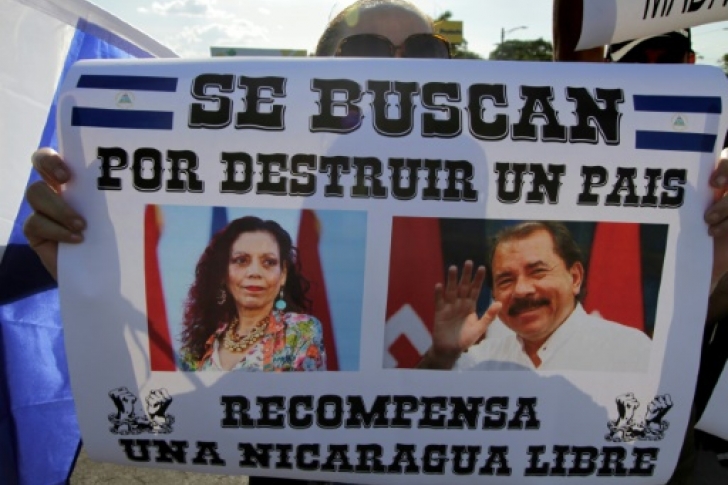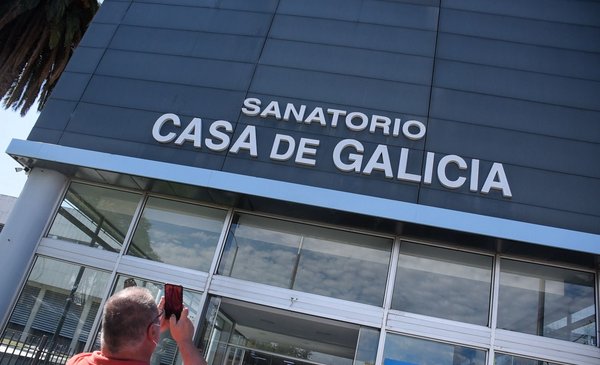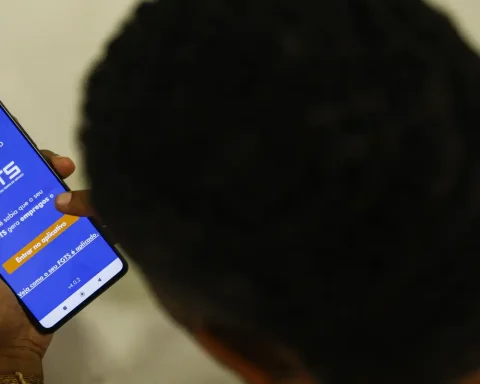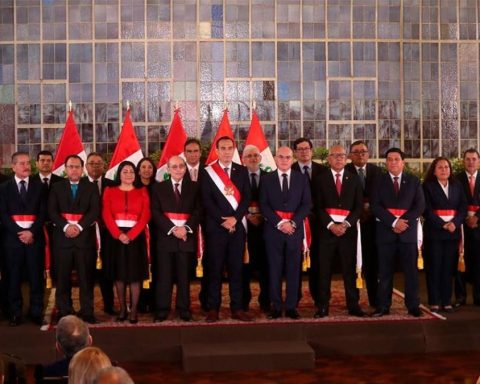The US blockade against Cuba is a failed strategy by Washington in its eagerness to attempt a regime change on the island, a Georgia State University publication acknowledged today.
According to the article published on The Signal site, the US government has been involved in the internal politics of 41 Latin American countries, including the largest of the Antilles.
The blockade imposed 60 years ago on the Caribbean nation affects almost all facets of Cuban life, as the country faces obstacles in obtaining essential supplies, such as medicine and food, states the text signed by Terrance Davis.
Under the title Hands off Cuba, the publication points out that those most affected by the economic siege against an island “smaller than Kentucky” are the citizens and not the Cuban government.
The text recognizes how, despite the limitations, after the triumph of the Revolution in 1959, Cuba made progress in health, education, and the land was redistributed for the benefit of the majority.
The blockade responds to alleged human rights abuses on the island, but for Davis that justification is very weak, because the White House has never seemed to have much trouble associating itself with other nations that do violate the basic rights of people.
The author recalled how the well-known Memorandum of Deputy Assistant Secretary of State Lester D. Mallory advocates implementing measures of economic suffocation as the only way to avoid popular support for the then nascent Cuban Revolution.
For the Americans, the blockade against Cuba is representative of the direct instability that we bring to other nations, and for the Caribbean nation it means its greatest obstacle in terms of development, says the commentary.
Finally, he wonders why, if Cuba’s policies would not work with or without a blockade, as many affirm, why not lift it and see what happens?
The current Democratic administration led by President Joe Biden maintains the more than 240 measures imposed by his predecessor Donald Trump (2017-2021) to reinforce this policy of economic aggression, which, as The Signal affirms, pursues without achieving a regime change in the caribbean island.
